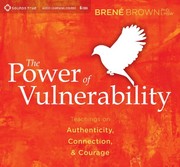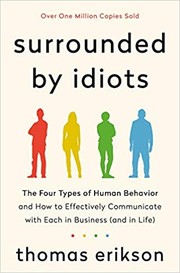Are you 'a bit different' and need help navigating the workplace?
Chances are, I can help with that. There are a number of situations I know very well by now:
- Adapting to a change of manager or a company reorg
- Settling into a new role, new challenges or a new job
- Wanting more from your career but feeling stuck
- Coping with a bad manager or bad leadership
- Feeling powerless, out of place
We are rarely given instruction manuals (and when we are, they're out of date) and any of the above situations can be depressing or claustrophobic.
Especially if you're part of a minority group, and things don't get exactly handed to you easily.
The good news is that there are some rules of engagement, and even some tricks, that can help you demystify your next steps - without losing yourself in the process.

How it works
If any of this hits close to home for you, you're very welcome to book a free intro slot in my calendar.
During the call, you can tell me a bit about you and what's on your mind. I'll play it back to you and I'll give you any thoughts and recommendation I have, so you can take away some strategies, actions and ideas.
Afterwards, we can part ways with well wishes, or, if you feel it would be useful to work more together, we can talk about what that looks like.
Coaching Intro Call
Book a chemistry check call to see if we're a good fit.
Message me to find a time
My experience
After spending the last several years helping people in my teams and companies with their career development, confidence, communication skills, and general "how can I not feel like an alien at work and maybe even be successful", I decided to open up my calendar to the outside world.
Life at work, especially as a neurodivergent woman in tech, hasn't always been smooth sailing for me. There are so many hidden rules, ambiguities and myths surrounding "leadership" (which I prefer to call senior management), and that information is usually protected behind a privileged fence, or a steep paywall.
There's only so much I could have figured out on my own, without the help of professional coaching and some genuinely good samaritans. Now, I help others in the same way.
People cannot build on their appreciation of others without first overcoming their suspicions. But to overcome what they don’t like, people must be able to discuss it. And this requirement violates the undiscussability rule embedded in the organizational defensive routines.
Chris Argyle






